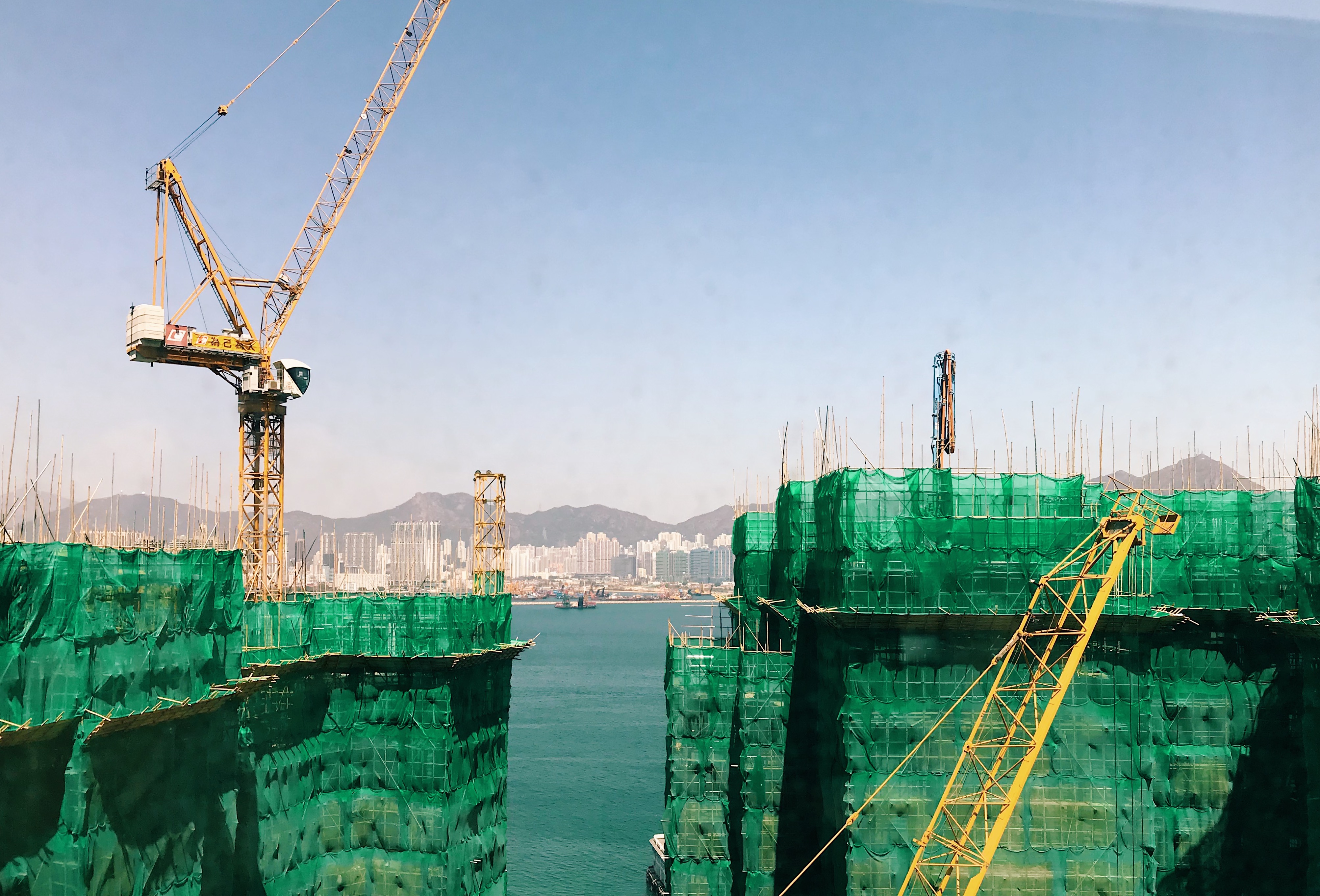Atletico Madrid, up 1-0 twenty six minutes in, is switched for Liverpool vs Bournemouth. The Premier League remains on top, at least in this craft beer pub in Hong Kong. Having no allegiance in either match I am happy to watch the world through football. My joy is for the game; I am glad to be back where a sports bar means the global football rather than the American one.
Fifteen years ago a boy who had weekdays rather than weekends off in Tokyo used to spend them in a used book store in Ebisu. There, in the rain of Tokyo Novembers, he would browse and feel at home. The store, Good Day Books since closed, was a treasure of second-hand English for a boy who could not read Japanese.
The comfort he found there was not just the bookstore joy of familiar titles and new discoveries. Too it was the atmosphere, quiet save for BBC radio, which at his hours of visiting meant mostly traffic reporting of the London morning commute, a perfect sound for Tokyo afternoons. In these hours of browsing he was no longer in Ebisu, no longer an English teacher with a Thursday off, but a solitary spirit in the global remnants of the British Empire.
In a Thai hotel in twenty sixteen this same boy waits for his wife, arriving from Seoul a day later. The TV in the room they will share turns on automatically at his entry, and so it lingers as he unpacks, displaying helpful information, local restaurants. After a while he changes the channel without purpose, stopping on the weather. Weather, in this multinational chain hotel, means regional, a map that covers Bangkok, Phuket, Chang Mai and also Singapore, Jakarta, Hong Kong, Shanghai, Beijing, Tokyo, and Sydney. The weather map is one of global cities of the eastern hemisphere, and he lets it be, watching tomorrow’s highs scroll through in a comforting fashion, no longer alone.
In two thousand fourteen he sits in a Japanese restaurant behind a Dongguan hotel on a Friday evening by himself. This is the middle of a work trip run long, a factory visit supposed to take one week that will now take several. A similar situation, he suspects, to the Japanese business men at the next table, who were the restaurant owner’s target market. Unlike them, he is alone, without colleagues to pour sake for. And so he watches the TV above the entrance while eating noodles. The small CRT is set to NHK, a muted loop of Tokyo’s local stories, weather, and traffic providing familiar background for owner and restaurant-goers alike. The solitary diner watches the news in Japanese with pleasure similar to that he’d taken in the BBC traffic reports of two thousand two, or the weather two years later. They represent much the same: a bit of the wider world brought into view.
The comfort I take in Hong Kong at finding this pub and it’s channel-surfing bartender comes as no surprise. Swapping La Liga for the EPL is a choice that I can understand, if not take sides on. The broadcast, without sound, is the kind of global background noise that I love and have always loved. It that reminds me I am no longer in America, no longer at home but always here.
